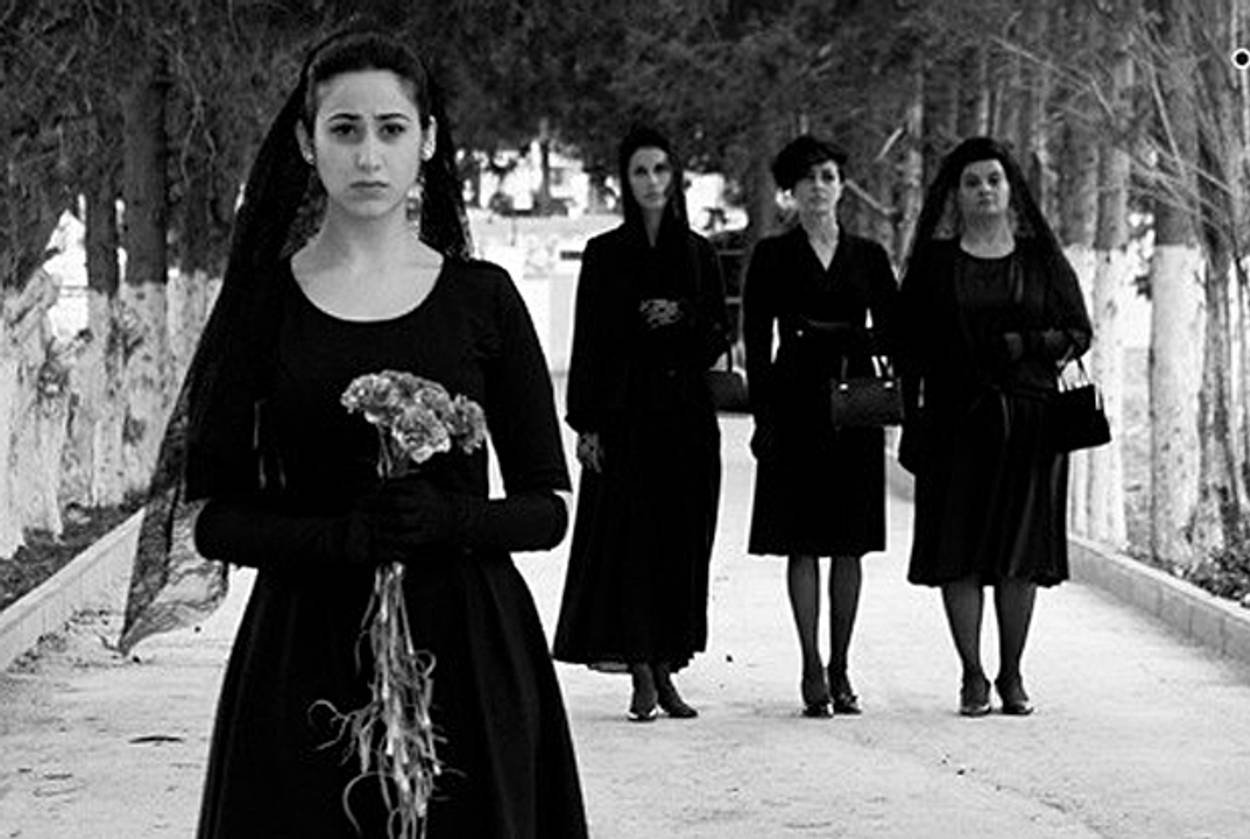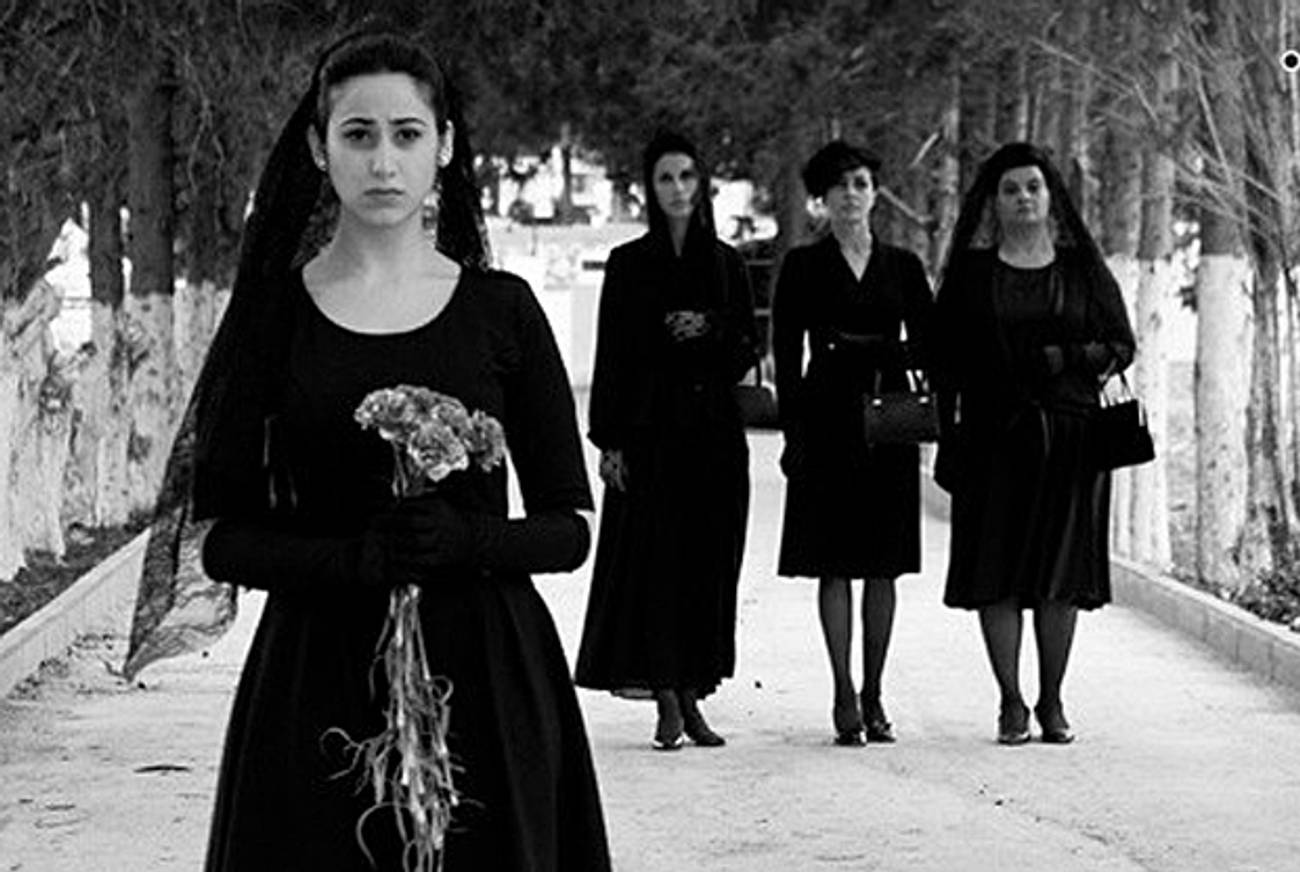Anger After Director Distances Israeli-Funded Film From Israel
Ministry of Culture wants its $400,000 back on Venice Film Festival entry




The Israeli government and members of the country’s film industry are furious with Israeli-Arab film director Suha Arraf, who categorized her film Villa Touma as Palestinian at this month’s Venice International Film Festival, without mentioning Israel, even though she received funding for it from the Israeli government.
Israel’s Ministry of Culture is now demanding that their subsidy of the film—nearly $400,000—be returned, since their funds are specifically intended to support Israeli culture.
Villa Touma is directed, written and self-produced by Arraf, who was born in the Palestinian village of Melia and is today a resident of Haifa. She previously wrote the screenplays for The Syrian Bride and Lemon Tree, which were directed (and co-written) by Israeli filmmaker Eran Riklis.
The film tells the story of three Christian sisters during the early days of Israeli occupation who live a reclusive life in a Ramallah villa until their orphaned niece enters their lives.
Arraf received more than two million NIS from various Israeli state institutions to fund the film—including 1.35 million NIS from the Israel Film Fund, which is funded by the Ministry of Culture, 114 thousand NIS from Mifal HaPayis (Israel’s national lottery), and around 600 thousand NIS from the Ministry of Economy—meaning Israeli tax-payers financed about two thirds of the film’s budget.
Despite those numbers, Arraf chose not to list Israel as a production country when the film was shortlisted for the Venice International Film Festival’s 29th Critics’ Week. Since Arraf received the funding as an Israeli citizen, the fact that she distanced herself from Israel in promoting the film rubbed some industry insiders the wrong way.
Katriel Schory, executive director of the Israel Film Fund, was quoted as saying: “I’m not happy about this. I would have been happy if the film would have been presented to the Venice Film Festival as an Israeli film. But formally speaking, Israel is mentioned in the film’s credits and Suha Arraf didn’t break the conditions.”
Schory has since changed his tune, asserting that Arraf did in fact defy the requirements of the funding.
Limor Livnat, the country’s minister of culture, took a stronger stance. “Suha Arraf operated in a serious and cynical manner,” Livnat told Walla! Tarbut. Livnat may have been reliving the disappointment she felt just before the 82nd Academy Awards in 2010 when Palestinian filmmaker Scandar Copti, who together with Jewish-Israeli Yaron Shani directed Ajami—which was nominated in the Foreign Language Film category—stated that he doesn’t represent Israel despite the Israeli funding his film received.
Livnat stated that she’ll “proceed immediately to get back the Israeli public’s money that was invested in the film.”
Asked for comment, Arraf said, “I have no response. I would be very happy to respond about the murder of children in Gaza. That’s my response. The identity of my film is not a matter of debate, period.”
Dana Kessler has written for Maariv, Haaretz, Yediot Aharonot, and other Israeli publications. She is based in Tel Aviv.